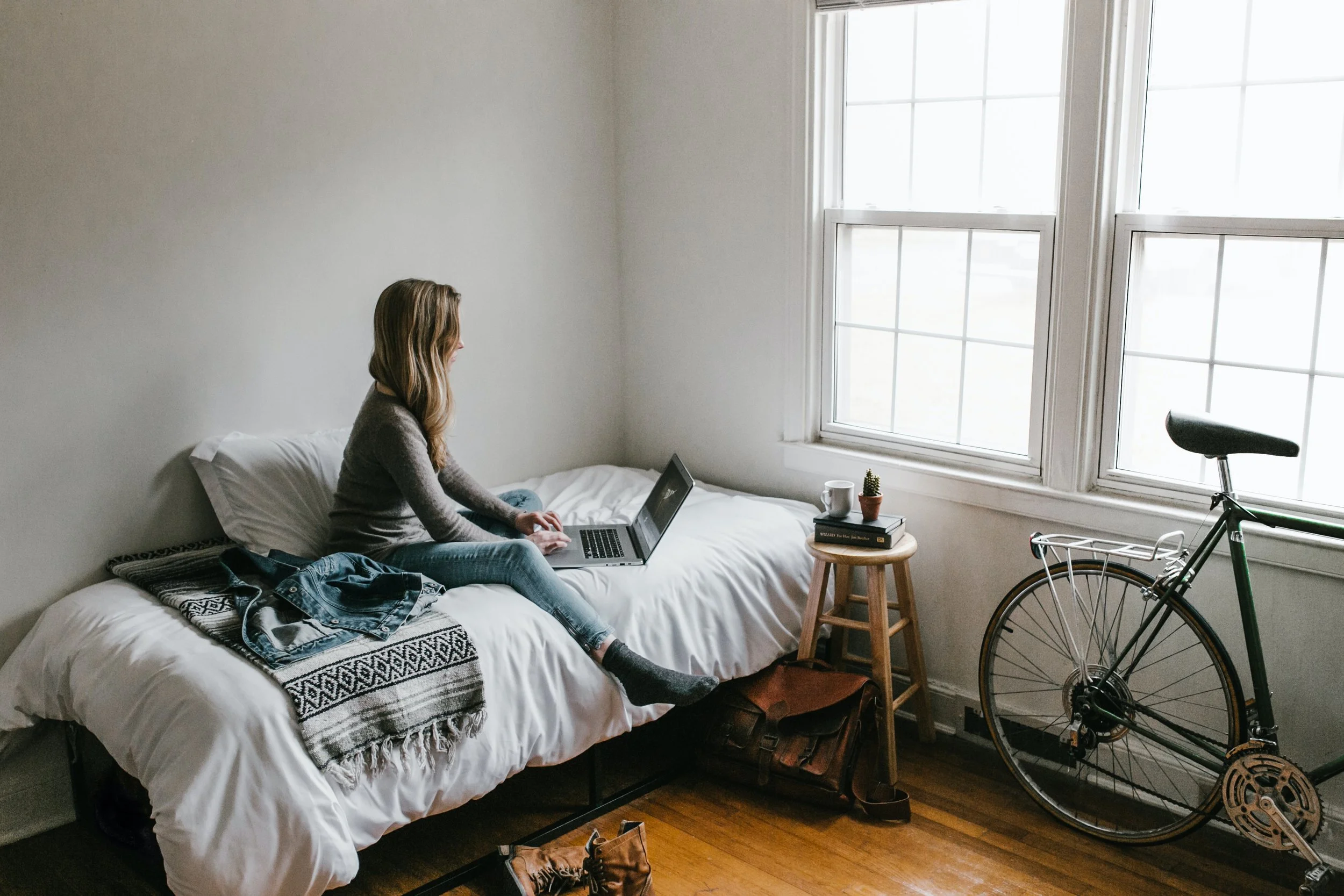What I Wish I Knew in my 20’s: Mental Health
As a collective, we are finally beginning to take better control of our mental health. We’re breaking down the stigma of going to therapy, we’re prioritizing taking care of ourselves, we’re confronting our traumas and our demons, we’re connecting the dots to living whole and centered lives.
Mental health is as important as physical health— it’s all connected. When we feel depressed or anxious or dysregulated, our bodies respond accordingly. And if we use unhealthy coping mechanisms to mask the pain, that affects our bodies as well. Concurrently, if we’re sick or injured, it can take a toll on our mental health.
The Each is Every community is chock full of people who have been, and still are, fighting the ultimate fight and learning important lessons about our mental health along the way.
We asked a few folks from our membership community about what they wished they knew in their 20s, and for some of their favorite resources, pertaining to mental health.
“Your capacity to achieve what you want to achieve is a limited space, and the longer you choose to let the things you didn’t want to unpack live in that space, the more of that greatness within yourself is being held back. The second I decided to unpack and let go of the things I was holding onto, the more space I freed up in my brain to be creative, discover myself, make more money, love more, give less f*cks, and build a stronger business. It is so hard, and you have to make the choice to do the hard things in therapy. The reward of loving yourself when you make it through the storm—I wouldn’t trade that for anything.”
—Allyson // Jacksonville, FL
“I wish I could tell my 20-year-old self that for every low or dark feeling you have, you will walk by at least 10 people in a given day who feel the same way in that moment, or have felt that way at some point and understand. You are not alone, so don’t be alone. Get out into the world no matter what, and walk.”
—Maria // Los Angeles, CA
“I would tell myself to kick that self doubt to the curb, especially in regard to setting boundaries. I caused myself so much anguish and opened myself up to so much strife by ignoring my gut feelings. I expended too much energy being "nice" or likable or nonjudgmental, to the point where it translated into a lack of boundaries and accountability. Also, to stop being so damn hard on myself. I was always harder on myself than others, which led to a period of time where I was surrounded by garbage people and filled with self-loathing.”
—Lindsay // Jacksonville, FL
“To take the words from Brene Brown, ‘clear is kind.’ Don’t pussyfoot around trying to be nice or amenable because you think it’s what other people want from you. Just be honest and clear—about your needs, your expectations, your boundaries, whatever it is. And let other people’s feelings about it be their feelings. Don’t absorb them.
Give people, especially those you love, your most generous interpretation of their behavior. If you are wondering why your partner or your kid is acting a fool, the reason is most likely not the first thing your mind jumps to. Thinking about the most generous reason why they might be acting that way allows you to approach people with compassion and empathy.
Lastly, your mind and body are fully aligned. Listen to it all, and develop a deep understanding of yourself, down to the bone.”
—Krystina // Baltimore, MD
“No one can solve your problems. You have to choose to do the work to reframe your mindset, and everything that fills your life is your choice. You can’t always choose what happens, but you can choose how you react to it, and how to manage it—even if that requires a step back to learn how to manage it. This isn’t a step back, because you’ll be that much more prepared next time you’re in a tough situation. Learned skills are a step forward.”
—Rachel // Jacksonville, FL
Want to take better care of your mental health but not sure where to start? Our members personally recommend the following resources:
Looking for a therapist? We recommend the Psychology Today database.
Daily Bean is a simply daily app that helps track our moods and habits.
TWLOHA is a nonprofit movement dedicated to presenting hope and finding help for people struggling with depression, addiction, self-injury, and suicide. It exists to encourage, inform, inspire, and invest directly into treatment and recovery.
How We Feel is a free app created by scientists, designers, engineers, and therapists to help people better understand their emotions and find strategies to help them navigate their emotions in the moment.
Latinx Therapy is an online community and national directory for Latinx Therapists in private practice


